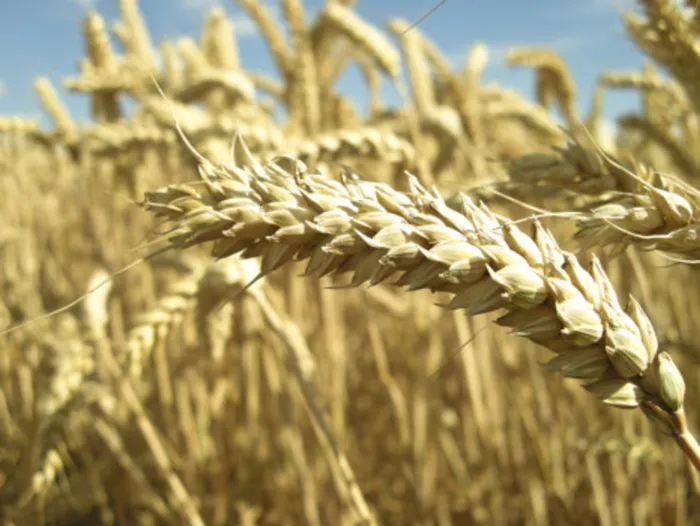
File picture: Free Images File picture: Free Images
Cape Town - Local farmers face scorched and wilting crops as they continue to feel the brunt of dry weather, Agri Western Cape says.
Read also: Rain won't douse farmers' problems
While there are signs the warm weather El Nino is weakening, in reports for various regions, Agri Western Cape says its effects are still evident and impact on the current primary production period of our winter grains and pastures.
On the West Coast, canola and wheat crops are scorching to death while most of the wheat planted has not germinated yet. Lupins and oats planted in May are also scorching to death, keeping livestock producers under pressure, according to Agri Western Cape.
Many cattle and sheep producers in this area have sold their entire herds.
In the Swartland, canola is wilting while there is a desperate need for water for wheat. Livestock farmers are still struggling and pastures are also struggling due to a lack of moisture.
The Southern Cape region had no significant rainfall in May and rain is critically needed for the grain to germinate.
Feed donations from the region have begun to dry up because producers fear a shortage of pasture and are keeping available feed for their own use.
In the Central Karoo, also declared a drought disaster area, producers are in the same dire position. Rain is critically needed to get through the winter.
Agri Western Cape president Cornie Swart said grain producers had incurred huge expenses to get crops in the ground.
“Our crops are suffering. Producers who have not planted yet simply didn’t have enough capital to. Last year’s bad harvest exhausted our capital,” Swart said.
“In two weeks we will be in the middle of winter. The current hot conditions are causing fruit trees to bloom before they could enter properly in a period of rest.
“If we get frost and lose the flowers, second-grade flowers will form that can lead to poor quality fruit. In the West Coast district, where temperatures remain high, the vineyards have also already started to bud,” he added.
Agri Western Cape chief executive Carl Opperman said: “The effect is enormous, especially in terms of job creation, job maintenance and to manage the morale of producers, farmworkers and rural residents.”
The Cape Chamber of Commerce and Industry said the effects of drought would not end when the rains came.
“The veld needs time to recover, dams need to fill up again, livestock numbers have to be built up and there is usually a mountain of debt to deal with,” chamber president Janine Myburgh said.
Economic Opportunities MEC Alan Winde said the newly launched SmartAgri climate change response framework aimed to mitigate the impact of climate change on the local agriculture sector.
“Since March we have used the full Comprehensive Agriculture Support Package allocation of R11.4 million to provide fodder to developing farmers,” he said.
lisa.isaacs@inl.co.za
CAPE TIMES